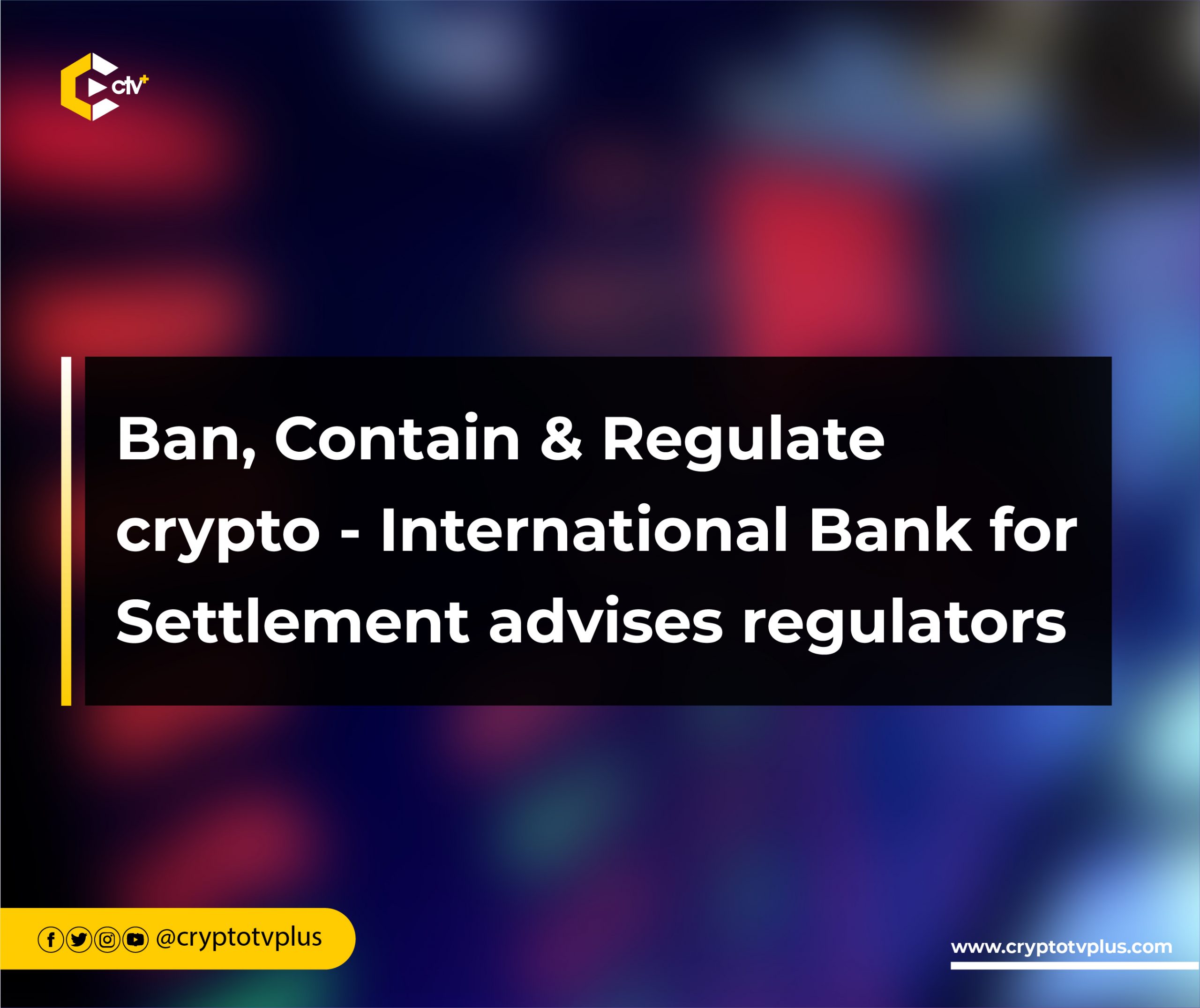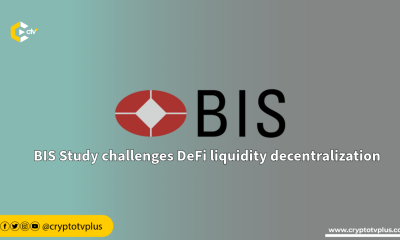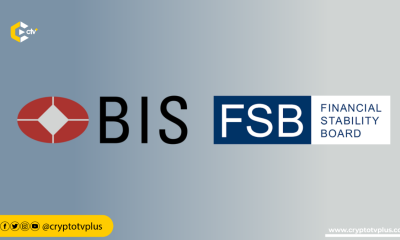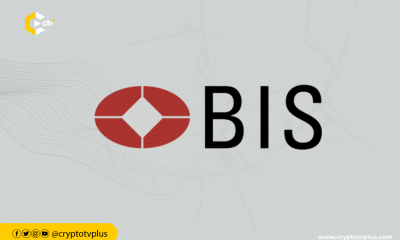News
Ban, Contain & Regulate crypto – International Bank for Settlement advises regulators

In order to address the risks posed by cryptocurrencies, economists at the Bank of International Settlements (BIS) have suggested three rules that authorities globally should implement. They opined that authorities can now take into account various policy stances while also working to enhance the current monetary system for the public good.
A bulletin titled “Addressing the risks in crypto: laying out the options” was released by the Bank of International Settlements (BIS) last week.
The report, written by BIS economists Matteo Aquilina, Jon Frost, and Andreas Schrimpf, examined the dangers posed by cryptocurrencies as well as the various measures that regulators and central banks could take to mitigate these dangers.
In their suggested course of action, the economist listed three options. First, there should be a restriction on certain cryptographic operations. A different choice is to separate cryptocurrency from traditional finance and the actual economy (Tradefi). The third and final option entails regulating the industry similarly to Tradefi. The research makes it clear that, in order to reduce the dangers associated with crypto activities, the three options should be carefully balanced and are not mutually exclusive.
This bulletin was released barely a month after they released a 36-paged publication where the Basel committee approved global crypto banking regulations for 2025. In this publication, it was suggested that a bank’s exposure to specific crypto assets should ideally be lower than 1% and not exceed 2%. “These specific assets are traditional assets that have been tokenized, such as non-fungible tokens, stablecoins, and unbacked crypto assets that don’t fit into any one category”.
While expatiating on the first option they recommended, the economists outlined the pros and the cons of placing a ban on specific crypto activities. In outlining the pros, they said that placing a ban on specific crypto activities will help eliminate potential harm to the economic system and it will help to prevent losses that are caused by the misconduct or error of crypto service providers. Listing the cons, the authors stated that the actions could conflict with the founding principles of society or it could make useful innovation opportunities be delayed or lost and could also be circumvented in practice.
Expatiating on the second recommendation, the trio disclosed that containing crypto activities by isolating crypto from Tradefi and the real economy could be advantageous. The advantages are that it will prevent crypto from damaging the real economy and it will also avoid giving crypto a regulatory “seal of approval”.
For its disadvantages, the bulletin showed that a fully effective firewall may not be feasible and investor protection and market integrity risks will remain within the crypto space.
For the last recommendation, the writers stated the pros of regulating the crypto sector in a manner akin to Tradefi. According to them, the pros of regulating crypto is that it will bring out consistency in regulating financial activities. i.e a country that employs total crypto regulation will put a consistent check on financial activities. Also, since every crypto activity is being scrutinized, industry actors will work on their products to ensure better services are rendered. This is another advantage of regulating crypto.
One of the disadvantages of crypto regulation according to the experts, is that it will be a tedious task in differentiating crypto and Tradefi activities and firms. Another disadvantage is that it will be difficult to know how to regulate some DeFi activities as most of DeFi platforms do not have a clear cut mode of operation as the area to regulate will be unclear.
Although cryptocurrency markets have witnessed a spectacular series of booms and busts, often leading to substantial losses for investors, the BIS researchers concluded that “these failures have so far not spilled over to the traditional financial system or the actual economy.” They did, however, issue a warning that as DeFi (decentralized finance) and Tradefi become more entangled, there is no guarantee that they won’t do so in the future.
Concluding the report, BIS stated that authorities can now take into account a range of policy options while also working to enhance the current monetary system in the interest of the general public.
Read Also:
Barry Silbert given deadline to Genesis’s withdrawal solution; denies borrowing
Digital Currency Group suspends dividends to preserve liquidity






















